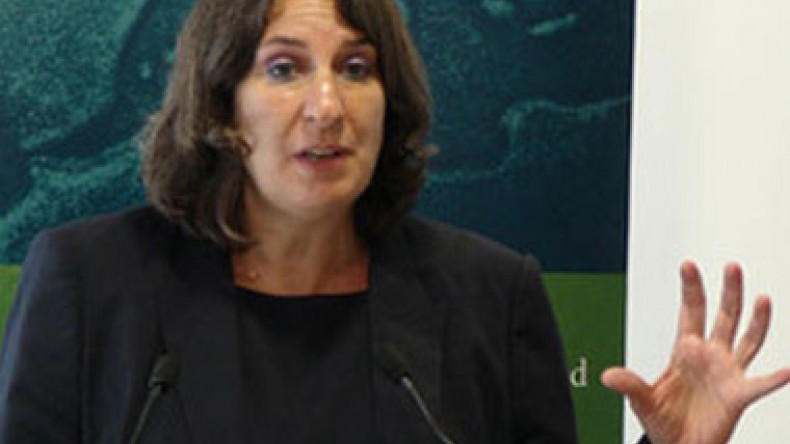
Comments by President of Armenian Society of Columbia University, and Brenda Shaffer’s inappropriate behavior
As reported earlier by Panorama.am, discussions titled "Southern Gas Corridor" on the Trans-Adriatic Pipeline (TAP) project were recently held at Columbia University in New York. Mr. Vitaliy Baylarbayov, Deputy Vice President of State Oil Company of Azerbaijan (SOCAR) gave a presentation.
During the presentation, he outlined the vistas of cooperation with Azerbaijan in the European market. However, he neglected to mention the fact that TAP plans to provide roughly only 2% of the gas that Europe needs, as well as other problematic aspects that are vital to the realization of the project, such as protests organized by the environmentalists in Italy against reconstruction of new pipelines across the country.
It is noteworthy to point out that during the presentation at Columbia University, the Azerbaijani representative was accompanied by Ms. Brenda Shaffer, Professor of Political Science at the University of Haifa in Israel, infamous for her lobbying ties with the State Oil Company of Azerbaijan. She was first presented as "a panelist," then as "moderator". Shaffer’s role remained a mystery for the few members of this event; however, it did not save her from the thorny questions posed by those who were present.
President of the Armenian Society of Columbia University, Haik Ter-Nersesyan, who had also attended the presentation, noted in an interview with Panorama.am, that Brenda Shaffer’s reaction to the question posed by students about her ties with the State Oil Company of Azerbaijan was unnecessarily harsh and her answers inadequate. She made personal remarks addressed at the student who posed the question, and did not give a clear answer to the direct question.
"There were about 30 attendees in the hall, including the representatives of the Azerbaijani student body. The questions posed were rather critical. For example, the representative of SOCAR was asked about the future of the Azerbaijani economy in case of a decrease of energy costs. In response, Mr. Baylarbayov admitted that there would be certain difficulties with the implementation of new energy projects. The Azerbaijani representative recognized that some European investors were leaving the TAP project and companies from Malaysia and elsewhere were taking their place," Haik Ter-Nersesyan noted.
Newsfeed
Videos






























